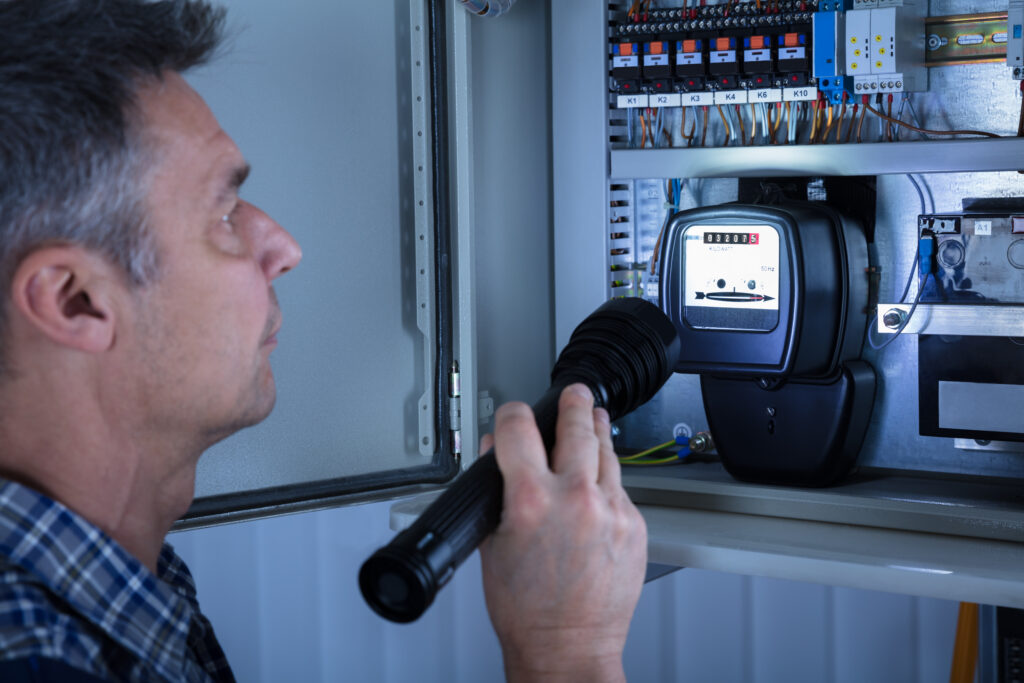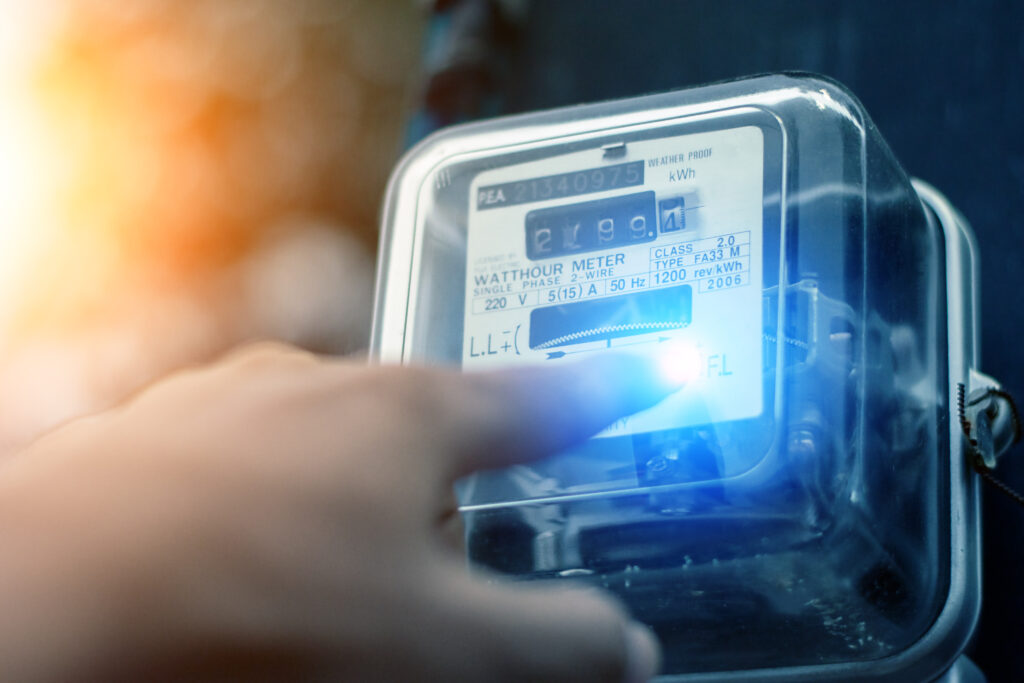What Are Smart Meters for Electricity?
As energy costs continue to increase, many countries have created energy grids that reduce waste. For instance, since 2016, the U.S. government has been spending $63 billion per year to modern electricity networks.
The U.S government also launched The Smart Grid Investment Grant (SGIG) program to modernize the electric grid. Under this program, the government has made an investment of $8 billion in 99 cost-shared projects – involving over 200 utility companies – to accelerate the development and adoption of smart meter technology.
A smart electricity meter is an IoT-enabled metering device that accurately records the consumption of electricity and transmits the data to utility companies at regular intervals.
Smart meters have changed the way people consume energy. With their ability to accurately record usage information, smart meters have become mandatory equipment for commercial real estate properties, manufacturing companies, educational institutions, hotels, hospitals and more.
In this article, we’ll explain the prevalence of smart meters and their benefits.
The Popularity of Smart Meters for Electricity
Smart meters, along with meter data management systems, electric systems, energy management systems and communication systems, constitute advanced metering infrastructure (AMI). They play a critical role in reducing consumption by facilitating two-way communication between utility companies and consumers.
About 65% of electricity meters in the United States have smart capabilities. Factors such as government sustainability initiatives, the need for utility companies to manage their load and a willingness to reduce energy consumption could bring smart meter usage to 90% by the end of this decade.
The International Energy Agency (IEA) reported that the United States had approximately 102 million smart meters in 2020; around 12% of these installations were commercial and industrial customers. This statistic showcases that commercial real estate properties and manufacturing companies are increasingly showing interest in installing smart meters. These meters can help companies gain control over their electricity usage, reduce carbon emissions and increase energy efficiency.
Benefits of Smart Meters for Electricity
Smart energy meters offer a range of benefits to both utility companies and their consumers. Let’s look into a few benefits of smart meters for electricity.

Faster Restoration of Power Outages
Smart electricity meters enable utility companies to identify the power outage quickly and resolve it within the stipulated time. Electricity utility companies with over one million connections receive an average of 15,000 single “no light” calls per year that are not related to utility-based outages.
With smart meter installations, utility companies can easily pinpoint the source of the problem. This will enable utility companies to quickly address a majority of complaints remotely.
Smart meters will also help restore the outage quickly. Since smart meters come equipped with an indicator that provides the power status information automatically, the concerned teams will be able to identify the power outage events easily and address them promptly. The quick restoration of power will help electric companies to improve their performance metrics, including the System Average Interruption Duration Index (SAIDI).
Remote Disconnection of Services
With traditional analog meters, utility companies would normally send a meter reader to the customer’s building to disconnect the connection manually.
The remote disconnection facility removes all these hassles and enables meter technicians to disconnect services without visiting customers’ residences.
Smart meters come with a remote disconnection feature that allows meter technicians to restrict their customers to use only the power that is sufficient to run the furnace or completely disconnect the service at the click of a button.
New Price and Load Management Implementations Made Easy
The real-time information provided by smart meters will help utility companies to create dynamic pricing strategies, which may include charging different tariffs for different customers, different locations, different seasons, and different times of the day to streamline electricity use and avoid outages.
The main functionality of a smart meter is to provide accurate consumption data at a given interval. This meter data enables utility companies to recognize the trends in energy consumption and implement load management techniques accordingly. For instance, if a utility company recognizes that the electricity consumption in a particular region is high during normal business hours, it can come up with a program that incentivizes off-peak consumption.
Consumers, on the other hand, will understand their energy consumption behavior from the information provided by smart meters and make appropriate adjustments to reduce their daily home energy use and play an active role in demand response programs.
Simplified Troubleshooting
With traditional meters, it is a challenging task for utility companies and consumers to identify the cause of a temporary disruption of electric power. The troubleshooting can prove costly because power companies need to send a team of technicians to identify the issue.
Smart meters simplify the process of troubleshooting with the network and quickly restore electricity. They can provide real-time data about the situation at hand.
Smart meters can also recognize issues such as overheated sockets or overloading in peak times and send notifications to concerned team members about them before an outage occurs.
Choose Genea Submeter Billing for Electrical Smart Meters
The adoption of electrical meters is steadily growing across the world. Electric utilities are replacing analog meters with smart meters to provide efficient services to customers and meet regulatory standards.
It’s important you have the right submeter billing software that can automate the process of recording readings and sending tenants billing for all tenant submeters.
Genea Submeter Billing is an all-in-one solution that automates the submeter billing processes to avoid the guesswork, provide the exact billable amount per tenant and help tenants to understand their consumption behavior. It also offers an energy dashboard that helps property managers to monitor the energy usage data of tenants and identify the reasons for unplanned spikes in consumption. Schedule a demo of Genea Submeter Billing Software to understand how it can automate your submeter reading and generate accurate bills for tenants.



